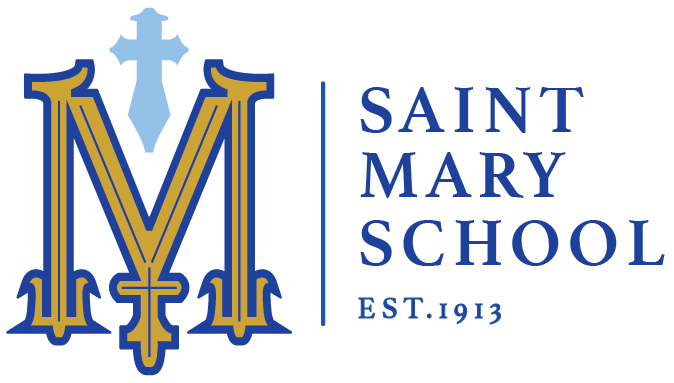- K: Upper and lowercase letters, how words on a page translate to reading, rhyming, letters/syllables and their sounds, sight-reading of common words, appreciation of books and an understanding of their components, meaning of a text, introduction to standard English grammar and conventions, printing of letters and words, capitalization, spelling, punctuation, word families, opposites, use of words/phrases/sentences, listening and conversing, asking and answering questions
- Grade 1: understanding a text, stories vs. informational books, topic identification, phonics and word analysis, reading for comprehension, grammar and spelling, writing of opinions/informative texts/narratives, information recall, collaborative conversations, identification of spoken and read details
- Grade 2: Recounting of stories, story structure, characters, topic identification, sequence of events, written presentation of opinions, information-sharing, story-telling in complete sentences
- Grade 3: Point of view, impacts of character action, research and information-gathering, note-taking, making a report, idea expression
Primary Grades
The Primary Unit (K-3) is bustling with the joy of teaching and learning, while also embracing the successes of each student.
We are committed to molding life-long learners through high expectations, rigor, collaboration, differentiated instruction, and mastery of our curriculum standards. We create a respectful learning environment, inspire academic and personal growth, and meet the individual needs of each student while providing a challenging and collaborative environment. We foster kindness, compassion, and service to others.















